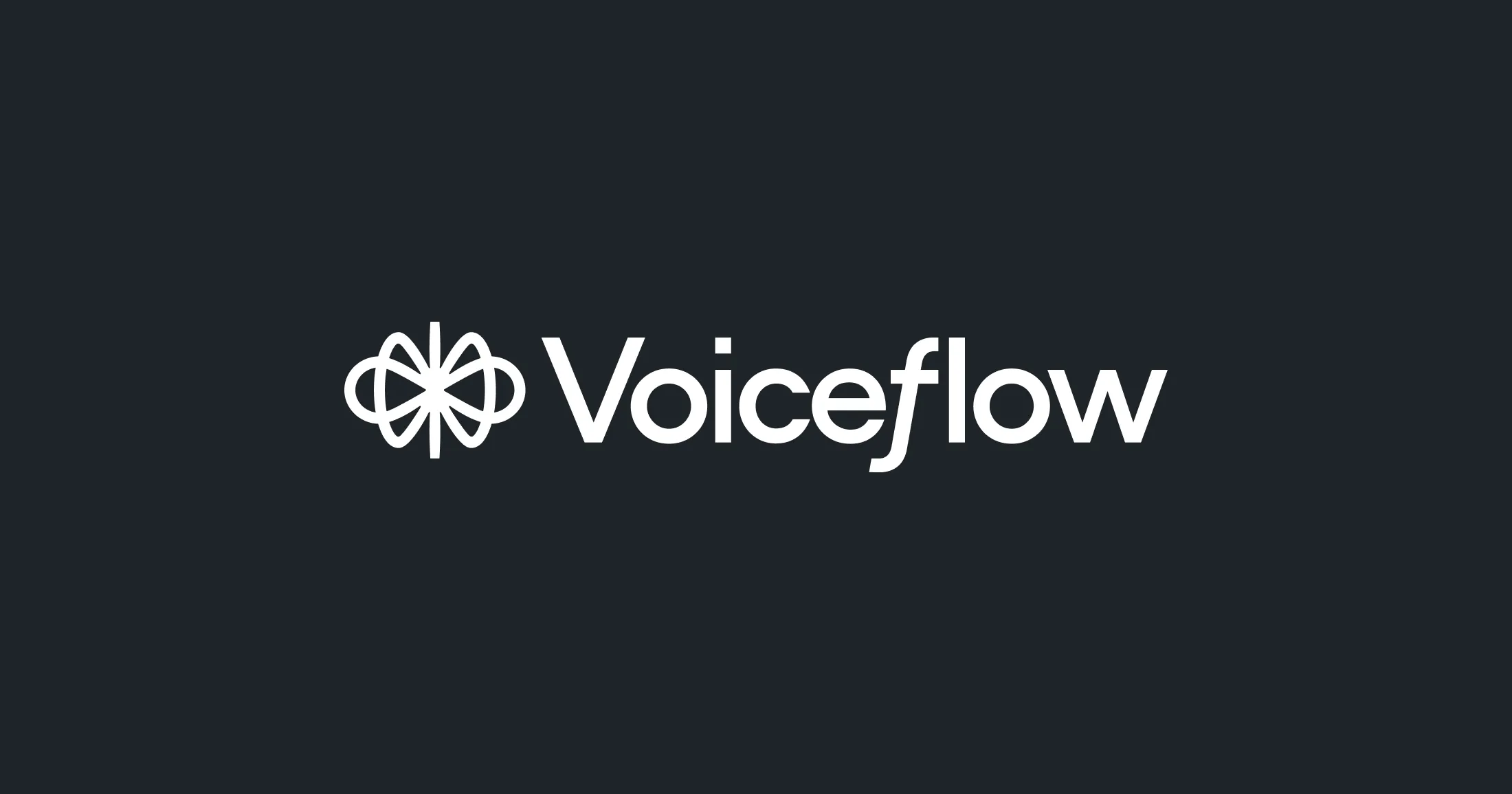How To Implement AI for Enterprise Successfully [Example]




In 2020, JPMorgan Chase transformed how it handled legal documents with an AI tool called COIN. What used to take lawyers 360,000 hours each year, COIN could do in mere seconds. This not only slashed costs and errors but also freed up time for more valuable tasks.
JPMorgan’s success with COIN is just one example of how Enterprise AI is reshaping business operations, making companies more efficient and innovative. This article will cover everything about enterprise AI, exploring its definition, applications, implementation strategies, and the tools that are driving this revolution.
What is Enterprise AI?
Enterprise AI refers to the application of artificial intelligence (AI) solutions across various functions within large organizations. These solutions are designed to enhance everything from routine operations like data collection and analysis to more complex tasks such as customer service automation, risk management, and strategic decision-making.
In essence, enterprise AI leverages advanced methodologies such as machine learning (ML), natural language processing (NLP), and computer vision. These technologies empower organizations to achieve high levels of automation, streamline intricate business processes, and extract maximum value from their data.
Applications of Enterprise AI
Enterprise AI has found applications across a wide array of business functions, including:
These applications not only improve operational efficiency but also enable more informed, data-driven decision-making, ultimately elevating the customer experience.
Responsible AI in the Enterprise
Responsible AI ensures that AI systems are designed, developed, and deployed in ways that are ethical, transparent, and accountable. This includes addressing issues such as bias mitigation, privacy protection, and ensuring AI decisions are explainable and fair. Indeed, research shows that 85% of consumers say that it’s important for organizations to have an ethical approach to AI. Key aspects of responsible AI include:
- Ethical Guidelines: Establishing clear ethical guidelines for AI development and use within the organization.
- Diverse Teams: Ensuring diverse teams are involved in AI development to mitigate potential biases.
- Transparency: Making AI decision-making processes as transparent as possible to build trust with customers and stakeholders.
- Regular Audits: Conducting regular audits of AI systems to identify and correct any biases or unintended consequences.
- Continuous Education: Providing ongoing education for employees about AI ethics and responsible use.
By adhering to responsible AI practices, organizations not only mitigate risks but also build trust, which can lead to increased adoption and long-term success of their AI initiatives.
The Best Enterprise AI Tools In 2024
To implement AI effectively within enterprise settings, organizations must leverage powerful and versatile tools. Key players in this space include:
Voiceflow

Voiceflow specializes in creating AI-driven voice and chat experiences, enabling businesses to design, prototype, and deploy conversational AI across various platforms.
Use Case: Ideal for customer service automation, where enterprises can build advanced voice assistants to handle customer queries and tasks.
Amazon Web Services (AWS) AI

AWS AI offers a comprehensive suite of AI services, including machine learning, data analytics, and automation tools tailored for enterprises of all sizes.
Use Case: AWS AI is used widely in predictive analytics, personalized customer experiences, and large-scale data processing.
Salesforce Einstein

Salesforce Einstein integrates AI into CRM, enabling businesses to predict customer behavior, automate tasks, and personalize interactions.
Use Case: It’s particularly effective for sales and marketing teams looking to optimize customer engagement and improve sales forecasting.
Google Cloud AI

Google Cloud AI provides tools for machine learning, natural language processing, and data analytics, designed to scale with enterprise needs.
Use Case: Often used for advanced data analysis, personalized recommendations, and enhancing customer support with AI-driven insights.
UiPath

UiPath is a leader in robotic process automation (RPA), helping enterprises automate repetitive tasks across various departments.
Use Case: UiPath is widely deployed in automating back-office processes, improving efficiency, and reducing operational costs.
These tools enable organizations to harness AI’s potential across different business functions, ensuring scalability and flexibility as AI initiatives grow. Each tool offers unique capabilities that cater to specific business needs, making them essential for companies looking to stay competitive in the AI-driven landscape of 2024.
The Bottom Line
As the influence of AI continues to expand, businesses that embrace Enterprise AI will be at the forefront of innovation and efficiency. According to Andrew Ng, co-founder of Google Brain, “AI is the new electricity. Just as electricity transformed industries 100 years ago, AI will reshape business, health care, and education today.”
Incorporating these tools such as Voiceflow and strategies will position enterprises to thrive in the competitive, AI-driven landscape. The key to success lies in staying ahead of the curve, embracing innovation, and applying AI responsibly to create value across the enterprise.





